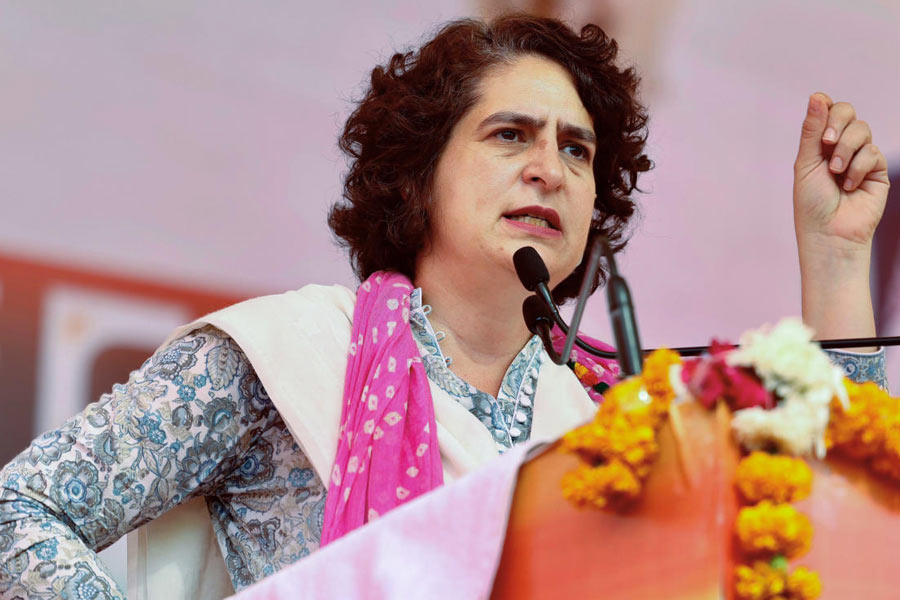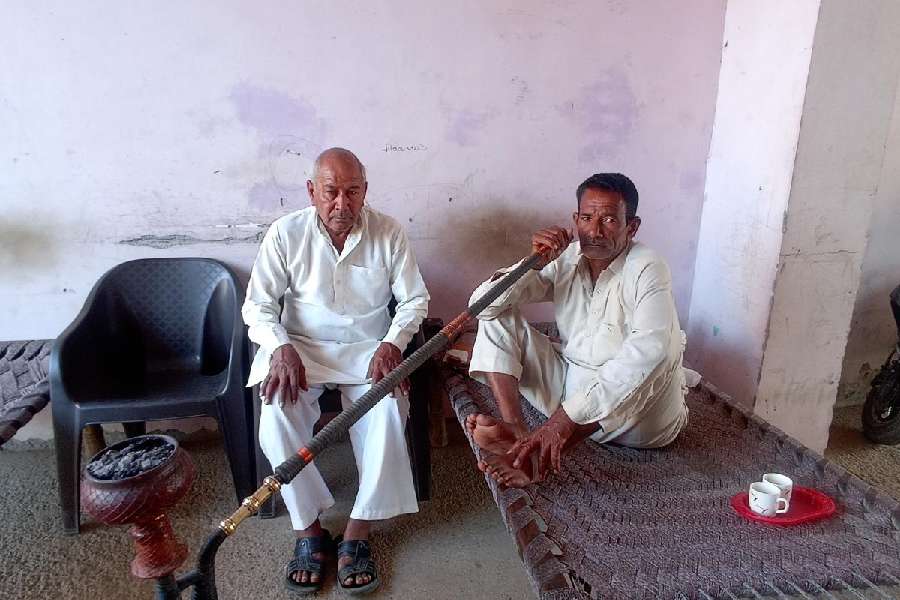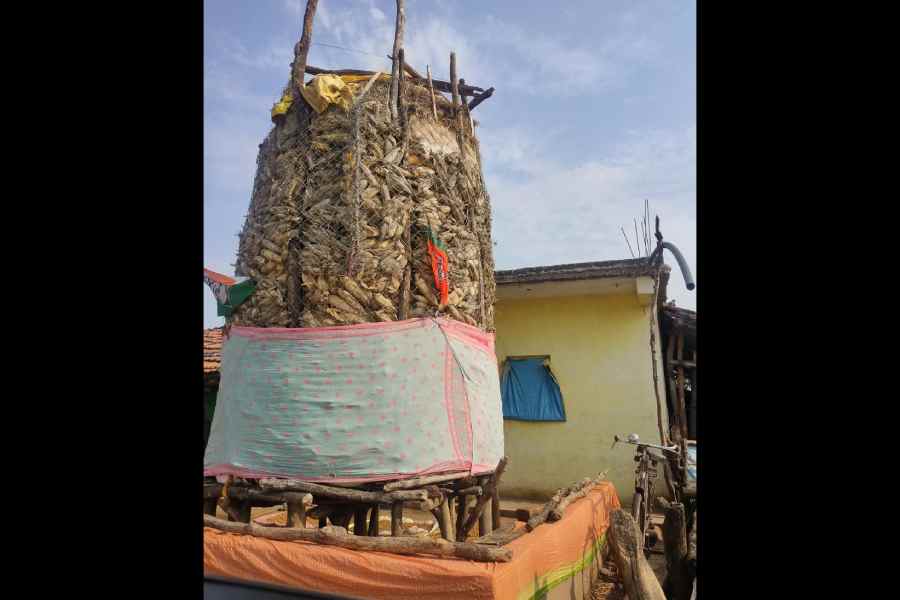Three more people died of Japanese encephalitis in Assam on Thursday, taking the toll to 48 since January this year. With the toll mounting, heads rolled.
The state health department transferred the chief of National Vector Borne Disease Control Programme (NVBDCP), Umesh Phangcho, by an order on Wednesday.
Phangcho, the state programme officer of NVBDCP, has been transferred as the joint health director of Nalbari district. He will replace Chittaranjan Pathak, who will now head the NVBDCP.
The number of JE-affected people in Assam rose to 159 on Thursday from 140 on Tuesday.
Ten children below the age of 10 have died in Jorhat Medical College and Hospital (JMCH), since January. One child died in Assam Medical College and Hospital (AMCH), which has recorded 68 JE-positive cases among children.
“The death toll in JMCH since January is 10. All of them are children,” JMCH superintendent Saurabh Borkotoki told The Telegraph.
“The disease is a part of the geographic distribution of the state. Taking preventive measures is the most important thing during this time. People should ensure that there is no stagnant water near their houses, they should keep pigs away from their houses and take all measures to keep mosquitoes away,” AMCH superintendent Indra Nath Sutia said.
Rapid onset of high fever, headache, stiffness of neck, disorientation and seizures are some of the symptoms of JE. Each fresh outbreak involves a complex chain — transfer of virus from wild water birds (hosts) to mosquitoes (vectors) to pigs (amplifying hosts, where the virus reproduces heavily) to mosquitoes to humans (who do not infect other humans).
The disease can be prevented by controlling the mosquito population, isolating pigs and avoiding mosquito bites through use of repellents, nets, long-sleeved clothes, coils and vaporisers. There is no antiviral treatment for the disease.
Alarmed at the rising death toll, the state government has decided to bear all treatment and diagnostic costs of JE patients at medical colleges and district hospitals. Some beds in all ICUs and wards in all district hospitals and medical colleges have been reserved for JE patients.
Transporting suspected JE patients from community to district hospital and medical colleges has been made free and prioritised through Mrintunjoy 108 ambulances. The government has also opened a 24x7 central control room (numbers 6913347770/1/2/3) to monitor the situation.
Hailakandi situation: After the detection of five suspected cases of Japanese encephalitis and acute encephalitis syndrome in Hailakandi district, the health department is gearing up to tackle the disease.
District media expert Monika Das said the five cases have been referred to Silchar Medical College and Hospital, where they are undergoing treatment.
Japanese encephalitis also claimed five lives in neighbouring Karimganj district.
The health authorities have drawn up a comprehensive action plan including awareness meetings, fogging in vulnerable areas and other measures to deal with the vector-borne disease. Das said insecticide-treated bed nets and camps are being held in Katlicherra, Lala, Algapur and Sarojini block primary health centres, coupled with awareness meetings in schools and health sub-centres across the district.
The authorities have asked people to immediately shift any person affected by prolonged high fever, severe headache or nausea, vomiting, shivers, and disorientation to the nearest health centre or hospital.
It advised people to use mosquito nets or insect repellents and to wear long-sleeved shirts and full pants.
Deputy commissioner Keerthi Jalli, who heads the district task force, is monitoring the situation and has asked the health officials and employees to remain alert on an Japanese encephalitis outbreak and to adopt necessary preventive measures.
Jalli apprised the principal secretary (health) on Wednesday of a slew of measures initiated to prevent a major outbreak of the disease.
Additional reporting by Satananda Bhattacharjee in Hailakandi.










